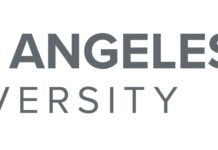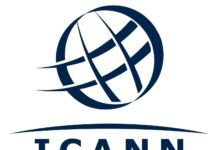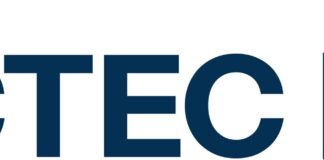ETS Launches New Website to Help Educators Strengthen Reading Comprehension Skills of Middle School English Learners
PRINCETON, New Jersey, July 8, 2014 /PRNewswire-HISPANIC PR WIRE/ — A team of researchers and assessment specialists at Educational Testing Service (ETS), has launched a website to provide resources for teachers and practitioners to use for formative assessment purposes in their classrooms. These resources are designed to target and lead to improved academic reading skills for English learners (EL) at the middle school level.
Logo – http://photos.prnewswire.com/prnh/20120110/DC33419LOGO
Over the last four years, the ETS team, led by research scientists Mikyung Kim Wolf and Jane Shore, has collaborated with Margaret Heritage and a team at the National Center for Research on Evaluation, Standards, & Student Testing (CRESST) at UCLA to advance the English Learner Formative Assessment (ELFA) project. The goal of the ELFA research project, funded by the Institute of Education Sciences at the U.S. Department of Education, is to support teaching and learning for ELs in the area of reading skills.
“With the new college and career readiness standards, there is an increased expectation for all students, including EL students, to comprehend and engage in complex texts across content areas,” explains Wolf. “The team’s work has culminated in the development of the ELFA system, a classroom-based, academic reading comprehension assessment tool that teachers can use to collect learning evidence on students’ academic reading comprehension skills on an on-going basis.”
“Putting into practice the principles of formative assessment, this system encompasses a clear learning goal, a skill progression model for reading comprehension skills of persuasive genre texts, teacher resource materials to understand formative assessment, a coherent set of classroom-based assessments, and teachers’ versions of the assessments including probing questions,” Wolf adds.
The ELFA tool is designed for teachers to use with their EL students flexibly as part of their daily instruction. The website offers materials from the ELFA system for teachers to download and use in their classrooms.
“Appropriate reading assessment materials targeted for ELs for formative purposes are scant,” says Wolf, who along with team members drew upon previous research and literature on effective strategies to support teaching and learning for EL students. “The goal of the site is to make the research-based ELFA materials available to teachers so that they can be more easily accessed for wider use. We also hope that teachers will discuss the ELFA materials and formative assessment within their professional learning communities to share their ideas on improving EL students’ academic reading skills using a formative assessment approach.”
“Often, formative assessment is misunderstood. Even the research community has various definitions of formative assessment,” adds Shore. “We have provided a teacher’s guide on effective formative assessment particularly for teachers of EL students. We think it’s important for teachers to understand the process of formative assessment. If it is effectively implemented, formative assessment is a promising strategy to address the diverse needs of EL students, whose cultural, linguistic, and educational backgrounds vary widely.”
Other ETS team members who worked on the ELFA project included research assistants Ian Blood, Jennifer Wain and Kristin Williamson-Worden; and assessment specialist Terry Cryan.
For more information about the project, visit the website, or contact Mikyung Kim Wolf, [email protected].
About ETS
At ETS, we advance quality and equity in education for people worldwide by creating assessments based on rigorous research. ETS serves individuals, educational institutions and government agencies by providing customized solutions for teacher certification, English language learning, and elementary, secondary and postsecondary education, and by conducting education research, analysis and policy studies. Founded as a nonprofit in 1947, ETS develops, administers and scores more than 50 million tests annually — including the TOEFL® and TOEIC ® tests, the GRE ® tests and The Praxis Series ® assessments — in more than 180 countries, at over 9,000 locations worldwide. www.ets.org
SOURCE Educational Testing Service







